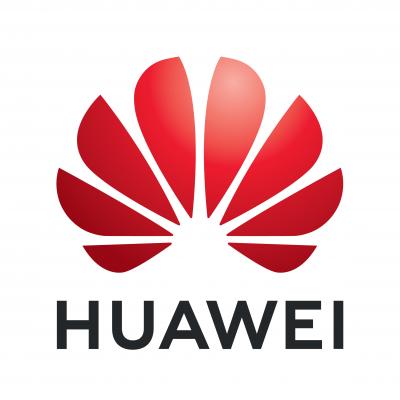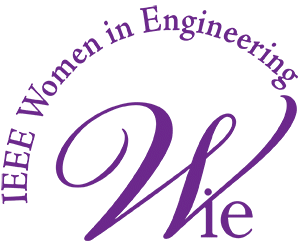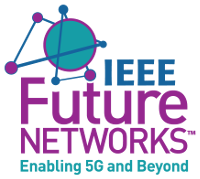WELCOME
Welcome to the IEEE WCNC 2023 Workshop on Optical Wireless Communications!
SCOPE
Wireless communication technologies are constantly evolving towards higher speed, lower latency, more reliability, and ubiquitous coverage. Today, billions of mobile devices provide us with an unprecedented level of connectivity that we could not have even imagined a couple of decades ago. The ever-increasing pressure on the limited radio frequency (RF) resources is fuelling the need for enhancing and expanding the wireless communications landscape through exploiting other parts of the electromagnetic spectrum. Advancements in solid-state light sources and detectors have put optical wireless communications (OWC) at the forefront of future wireless technologies, which has been manifested by extensive research and implementations from academia and industry alike. By utilising different optical spectra, OWC can relieve the pressure on conventional RF systems such as cellular and Wi-Fi networks. OWC technologies include free-space optical (FSO) communications, ultraviolet (UV) communications, optical camera communications (OCC), visible light communications (VLC), and light fidelity (LiFi). Those technologies offer various advantages for different implementation scenarios, including a huge unregulated spectrum, higher cell density, enhanced physical layer security, high transmission speeds, and immunity to electromagnetic interference.
Nevertheless, the unique properties of optical wave propagation result in unique challenges related to the design and implementation of OWC systems. These include channel impairments, susceptibility to weather conditions, mobility management, handover support, as well as compatibility and integration with existing RF networks. Addressing such challenges requires establishing accurate and tractable models for the optical transmission channel and the associated performance bounds. Moreover, novel and innovative data transmission schemes, medium access control protocols, interference mitigation approaches, and physical layer security techniques, that are tailored to the actual channel models and the optical front-end characteristics, are needed to push the boundaries of OWC capabilities. This workshop on OWC aims to bring together researchers and developers from academia and industry to share their latest work on OWC systems and networks. We solicit high-quality technical paper submissions covering the aforementioned topics based on original research and will select some suitable papers to be presented.
Topics of interest in the field of OWC include, but are not limited to, the following:
- Reconfigurable intelligent surfaces (RIS) for OWC
- Physical layer security for OWC
- Joint energy harvesting and communication
- Advanced materials for OWC applications
- Optics design (lenses, concentrators, diffusers, etc.)
- Satellite communication including low earth orbit (LEO)
- Multiple access techniques including NOMA, RSMA, etc.
- Artificial intelligence and machine learning for intelligent and adaptive networks
- Integrated light-based communication and sensing
- Free space backhaul design
- Beam steering and alignment techniques
- OWC for vehicular applications
- Optical IoT and IoE applications
- OWC modulation, coding, and detection
- Integration of OWC in 5G/6G and beyond
- Application of OWC in ORAN
- Hybrid RF/THz/OWC links
- Transceiver design and optimization
- Modulation and coding techniques
- Underwater communication
- Ultraviolet communications
IMPORTANT DATES
- Paper Submission Deadline:
4 January 202313 January 2023 - Paper Notification Deadline: 20 January 2023
- Final Paper Submission Deadline: 31 January 2023
SUBMISSION LINK
EDAS submission link: https://www.edas.info/newPaper.php?c=30516













